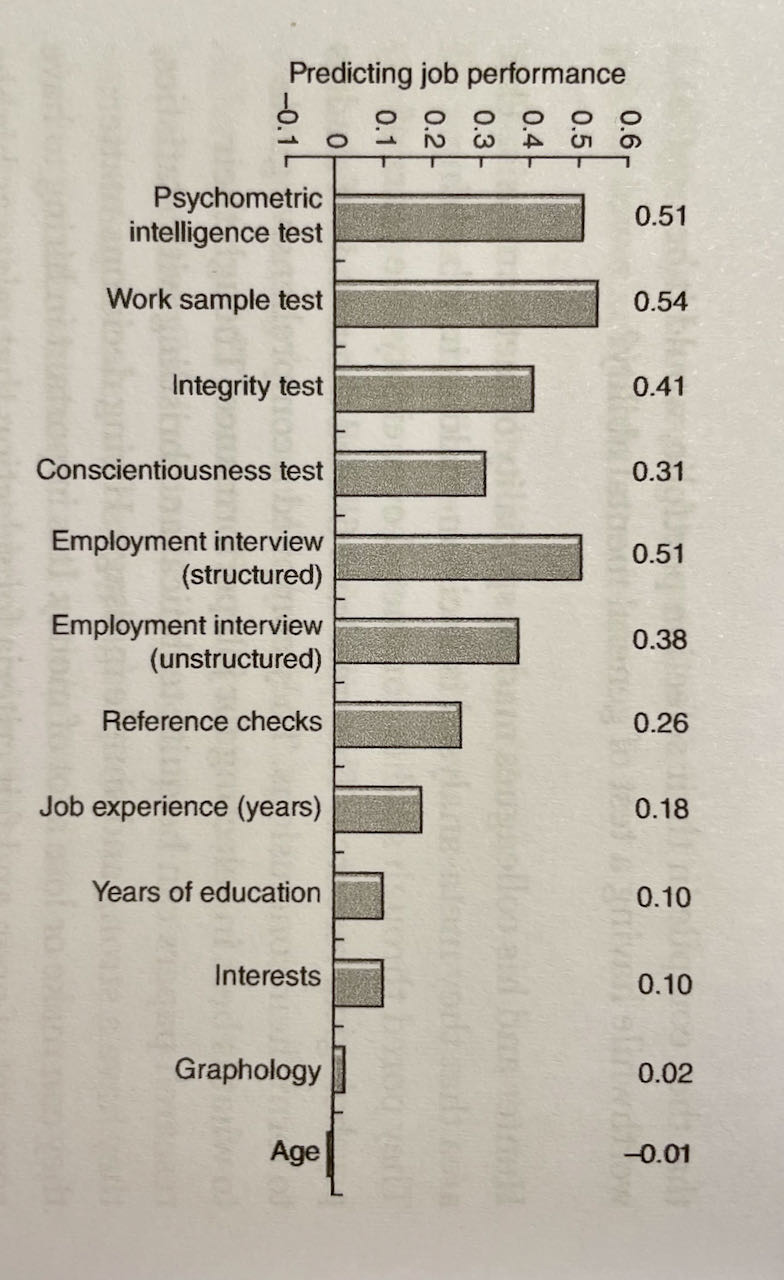What is measurement?
Published 2021-08-22.
People often say things like, “You can’t measure that.” A common one is, “You can’t put a dollar value on a human life.”
Is this true? I don’t think so. To understand why, let’s define measurement. The best definition I have found was proposed by Douglas Hubbard in his book How To Measure Anything:
Measurement: A quantitatively expressed reduction of uncertainty based on one or more observations.
— How To Measure Anything, 3rd Edition (2014) by Douglas Hubbard, p. 31
For something to count as a measurement, it has to satisfy three criteria:
- It has to be “quantitatively expressed”. In other words, we need to use numbers.
- It has to reduce our uncertainty — we have to become more sure of something than we were before.
- It has to be based on one or more observations. We can’t just make stuff up. We need to observe the real world.
Let’s look at an example. You have an open position in your company, and there are two candidates. Who would be the better hire? Without any more information, you are facing maximum uncertainty. What could be a quantitatively expressed reduction of uncertainty based on one or more observations?
You find this chart showing how well different factors predict job performance:

— Intelligence: A Very Short Introduction, 2nd Edition (2020) by Ian J. Deary, p. 98
You consider your options and decide to ask your candidates to take an intelligence test, as it is cheap and correlates pretty well with job performance. One candidate scores 110 and the other 120.
This satisfies all the criteria for a measurement.
First, the test results are expressed in numbers.
Second, the measurement reduces your uncertainty about who is the best candidate for the job. You can’t be sure that the one who scored 120 is the better candidate, but it is more likely than not.
Third, the tests are observations.
What about the more tricky case mentioned above — the value of a human life? There are many ways we can measure this. A simple way is to ask people what they would pay for a risk reduction. A more complicated way is to observe how people make risk/reward calculations in practice, such as how fast they drive, how safe cars they buy or how much an accident affects an airline’s ticket prices. Then, you can extrapolate to how much value people put on their own life.
There are pros and cons to the different methods, but they are all measurements. Ergo, you can put a dollar value on a human life.
Why would you want to do this? The main reason is to make decisions, such as how much money we should spend on making a road safer. (See Value of life for more.)
To summarize, measurement is when you reduce uncertainty by recording the results of observations in numbers. It is often useful for making decisions.